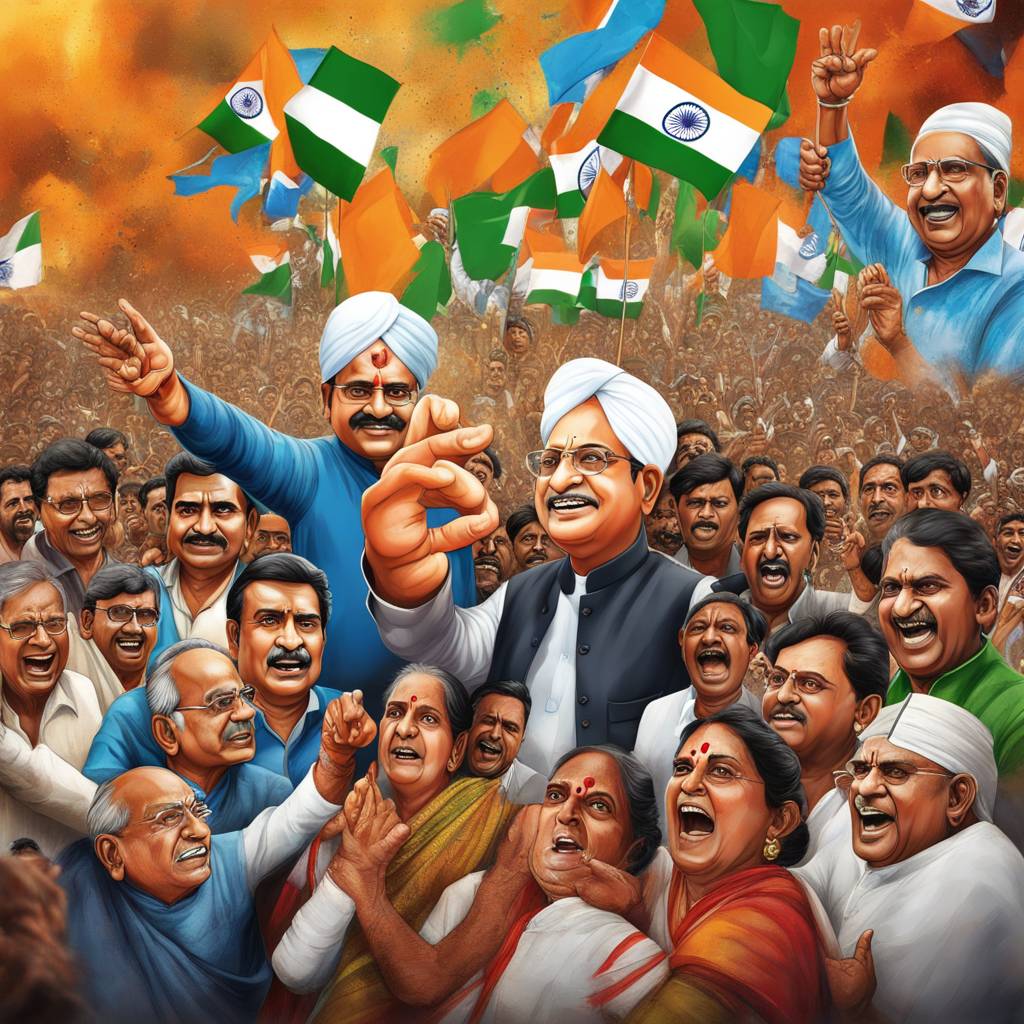ul Gandhi, accusing the government of trying to stifle opposition voices by blocking its funds. The Bharatiya Janata Party (BJP), led by Prime Minister Narendra Modi, has denied the allegations, stating that the freeze was part of a routine process to check compliance with laws on foreign funding.
The timing of the freezing of the opposition party’s accounts has raised concerns about the fairness of the upcoming elections. With the ruling party reportedly enjoying a significant financial advantage, the opposition has been left scrambling to find alternative sources of funding to run their campaigns. Critics have accused the government of using its power to undermine the opposition and tilt the balance in its favor.
The BJP has dismissed these allegations as baseless, claiming that the opposition’s accounts were frozen due to violations of the Foreign Contribution Regulation Act (FCRA). The party has accused the Congress of accepting illegal foreign funds, which is prohibited under Indian law. Despite these claims, the opposition insists that the freeze is politically motivated and an attempt to sabotage their election efforts.
The move to freeze the opposition party’s accounts has sparked a heated political debate in India, with both sides trading accusations of unfair tactics. Supporters of the government argue that the freeze is necessary to ensure compliance with the law and prevent foreign interference in Indian politics. Opponents, on the other hand, view it as an attack on democracy and an attempt to silence dissenting voices.
As the general elections draw near, the financial constraints placed on the opposition party have raised concerns about the level playing field on which the elections will be conducted. Without access to necessary funds, the opposition may struggle to compete with the ruling party’s well-funded campaign. This has led to calls for greater transparency and accountability in the funding of political parties in India to ensure fair and free elections.
In the midst of these controversies, the role of money in Indian politics has once again come under scrutiny. With deep pockets often dictating the course of elections, questions have been raised about the impact of big money on democracy. As the country prepares for what is expected to be a tightly contested election, the debate over political funding and its implications for the democratic process is likely to continue long after the results are announced.



